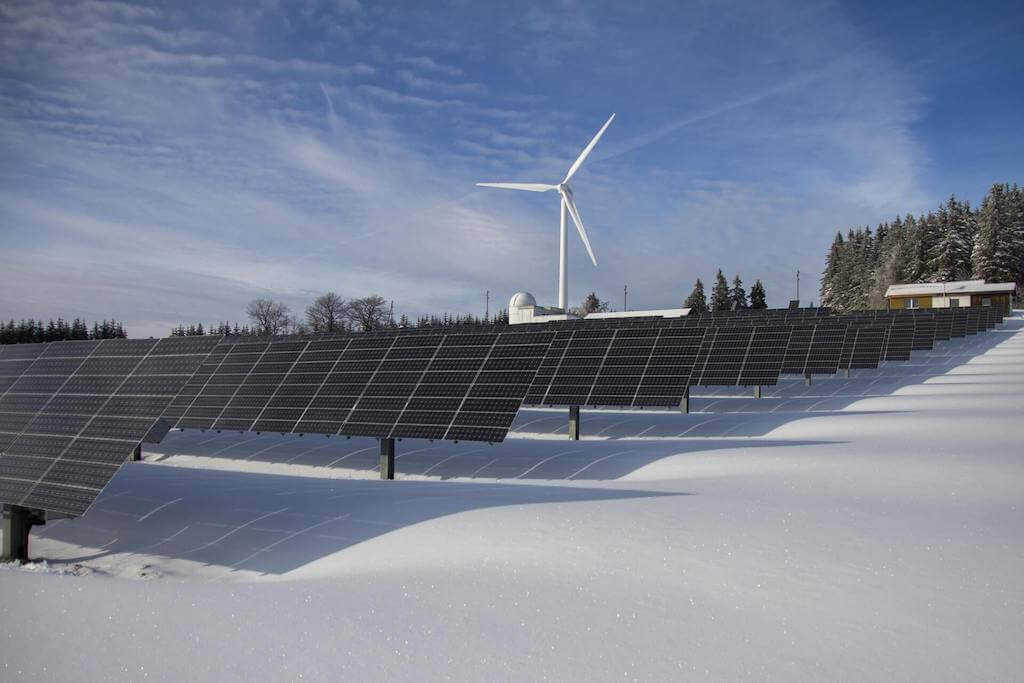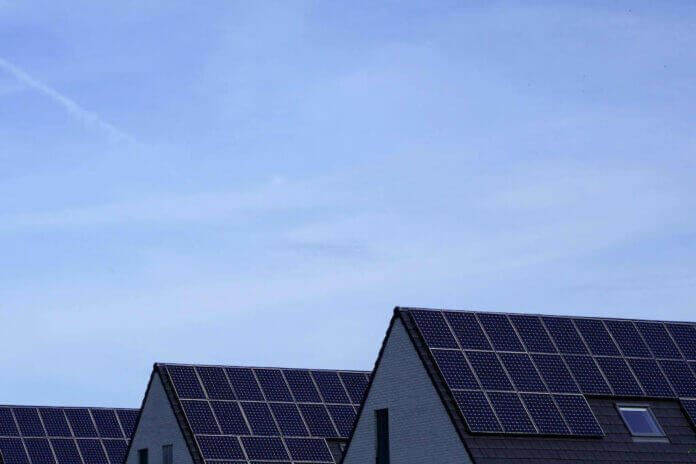Rooftop solar is a popular form of renewable energy that has gained significant traction in recent years. The idea of installing solar panels on the roof of a building to generate electricity is appealing to many homeowners and businesses looking to reduce their carbon footprint and save money on their energy bills. But is rooftop solar really sustainable?
The answer is yes, but with some caveats. Solar energy is a clean, renewable source of energy that does not produce any carbon emissions or other pollutants. This makes it a sustainable option for generating electricity. However, the sustainability of rooftop solar depends on a number of factors, including the materials used to manufacture the solar panels, the energy used to produce and install the panels, and the overall lifespan of the system.
One of the biggest concerns with rooftop solar is the materials used to make the solar panels. Many solar panels are made from silicon, which is a non-renewable resource. Additionally, the manufacturing process for solar panels can be energy-intensive, which can offset some of the environmental benefits of the system.
Other main problems with rooftop solar are the prevalence of sub-standard and inexperienced suppliers in the market. These suppliers often use low-quality materials and inferior installation practices, which can result in several problems for homeowners and businesses. For example, sub-standard solar panels are more likely to break or malfunction, which can lead to costly repairs and maintenance. In addition, poorly installed systems can be less efficient and may not generate as much electricity as a properly installed system. Furthermore, these suppliers may not be able to provide adequate warranty and maintenance services, which can leave the customers in difficult situation if something goes wrong. Furthermore, this could also lead to a negative image for the industry as a whole and discourage potential customers from investing in solar energy. It is important for homeowners and businesses to thoroughly research and choose a reputable and experienced supplier to ensure that their rooftop solar system is installed correctly and performs at its best.
Another concern is the energy used to install and maintain solar panels. The installation process can be labour-intensive, and the equipment and tools used can consume a significant amount of energy. Additionally, the solar panels require regular cleaning and maintenance to ensure they continue to operate at peak efficiency.
Despite these concerns, rooftop solar is still considered a sustainable option for generating electricity. With advances in technology, the materials and manufacturing processes used to produce solar panels are becoming more efficient and less energy intensive. Additionally, solar panels have a lifespan of 25-30 years, which means they will continue to generate electricity for many years after the initial investment is paid off.
Overall, rooftop solar is a sustainable option for generating electricity, but it’s important to consider the environmental impact of the materials and manufacturing processes used to produce the solar panels, as well as the energy used to install and maintain the system. By choosing a reputable solar panel manufacturer and installer that uses efficient and sustainable practices, you can ensure that your rooftop solar system is as sustainable as possible.




